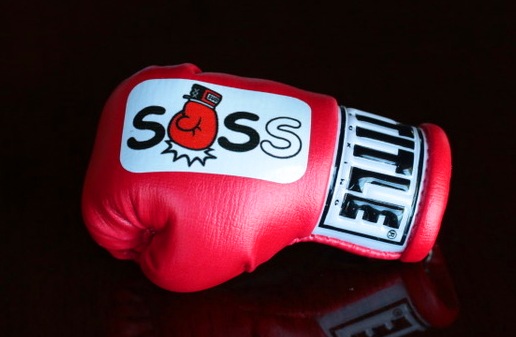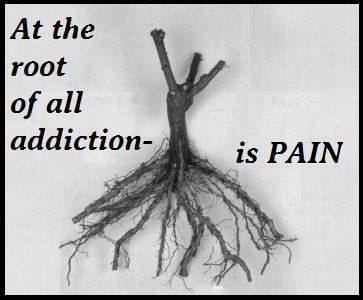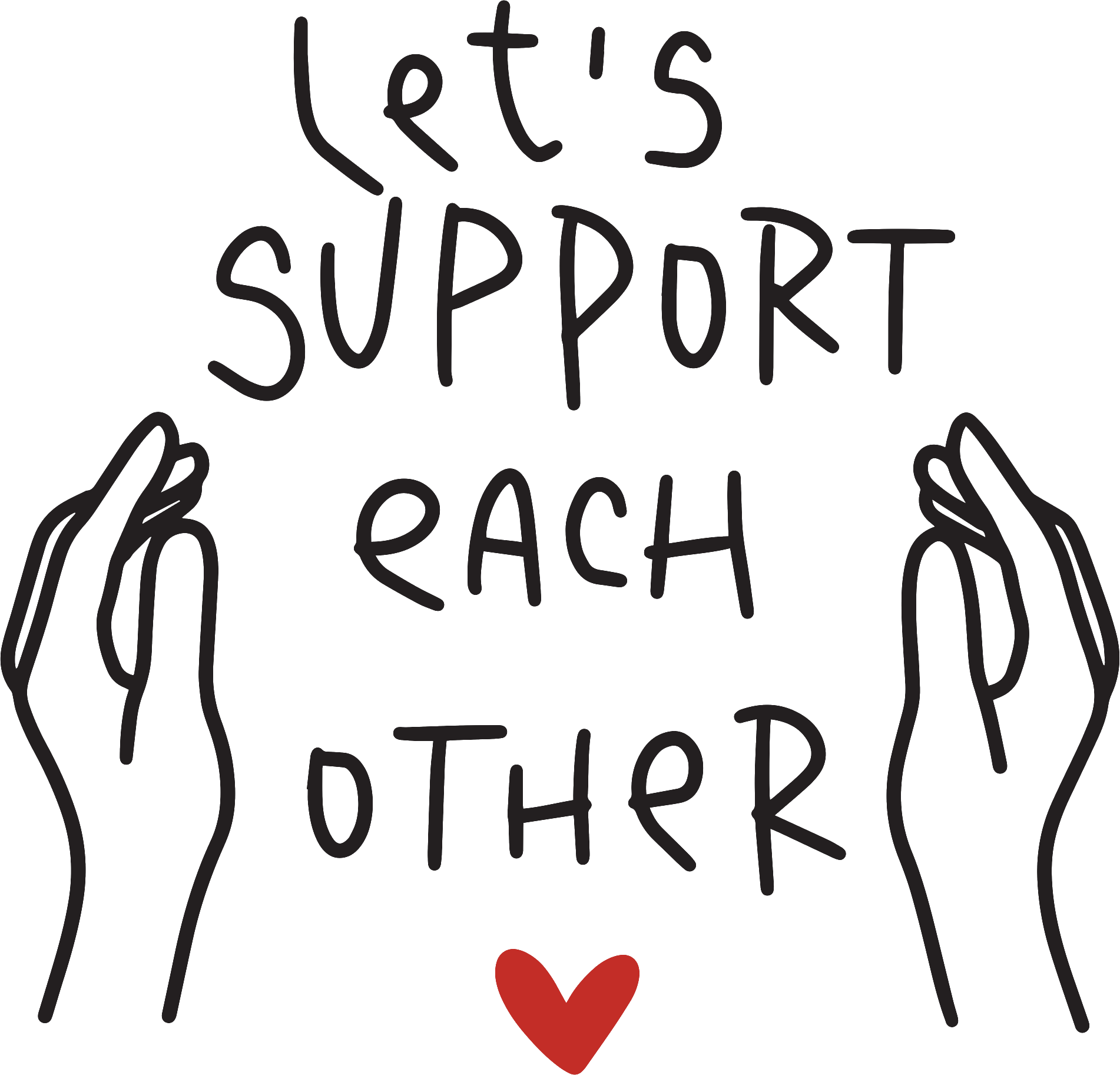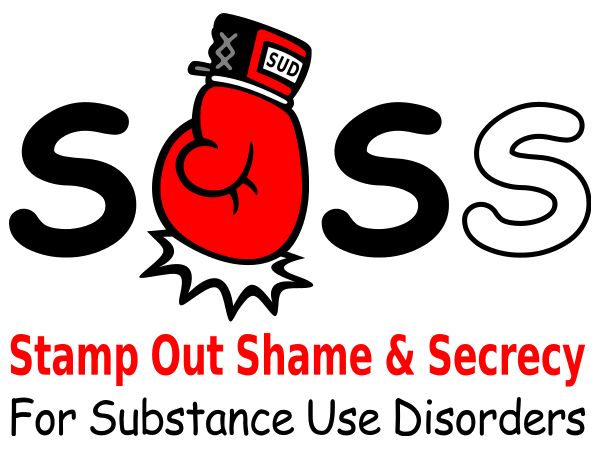FAMILIES RECOVER OUT LOUD:
Together We Can
STAMP OUT SHAME & SECRECY
For Substance Use DisorderS
Can we imagine what it would be like if society acknowledged the challenge of substance use disorders with compassion and not judgment?
How many lives would be saved?

The SOS(S) campaign seeks to eliminate the shame and secrecy stemming from use and misuse of drugs and/or alcohol.
- How would those we have lost feel today if they heard common discussions about their condition across all media platforms?
- Would they have felt empowered knowing they were not alone; feeling greater understanding about treatment and recovery options?
- Would they feel less stigma and shame?
Recovering out loud helps others to have hope that they also can recover.
RECOVERY IS POSSIBLE
Individuals and families do recover, and together, our courageous stories have the power to generate hope for those who follow.

SHARE YOUR TRUTH
The stories we share compel greater compassion, influence better understanding and educate to decrease societal judgment. The faces and voices in our storytelling can turn the language around to end harmful and stigmatizing definitions about substance use.
It is unusual to find anyone who has not been personally affected, or at least acquainted, with someone who has stories of sadness, frustration or loss from a substance related cause.
Sharing stories of loss AND family recovery stories of successes large and small, can empower others in their struggles. Together we can effect change by sharing valuable insights gained through our lived experiences.
CHANGE THE LANGUAGE
“Stigma is driven by the words we use. To decrease stigma, if that is the goal, we should start with our words. Person first language: a person with an alcohol disorder; a person with an opioid disorder; a person with a substance use disorder. These words take the blame off of the person and puts it where it should be; on the medical disorder.” (emphasis added)
~ Sam Snodgrass, PhD (broken-no-more.org)
Words matter. Encouraging friends and family to eliminate hurtful, shaming, or stereotypical language in conversations is really important. We can demonstrate by example, by purposely using language that shows genuine love and concern; language that is both affirming and empathetic. Making someone feel worse than they already do is not helpful, and can often increase risky behaviors with use of drugs or alcohol.
FAMILY RECOVERY
As families. . . . we also go through recovery. You may have been led to SOS(S) because you have experienced a loss OR you are actively trying to help someone navigating a substance use disorder. The power of the three S’s of shame, secrecy and stigma changes people and actually reinforces use.
No individual believes that they will ever become dependent on a harmful substance. Our loved ones often face the burdens of their use alone and in secret, despite our intentions as family and friends to offer them support and guidance. Feelings of shame stemming from their plight can be triggers and make living seem unbearable.
Learning ways that you can help guide a loved one toward changing behavior can happen with love, compassion and family centered treatment. To reduce the need for secrecy and minimize shame felt by loved ones, there needs to be open and honest communications that honors where someone IS in their use, treatment or recovery.
By creating safe spaces in our families and communities, our loved ones can rely on the safety of being able to share their truth – – any time, any place.
(See, Partnership to End Addiction: Family Recovery resources and services at: https://drugfree.org)
STOP THE HARM
All anyone wants is to be recognized as an important person and be treated with dignity and respect. So much effort is put into telling people what they should be doing; but how often is a person in active use asked what they truly need? Does anyone ever say to them “how can we help you right now?”
A good place to begin is to acknowledge that people are sick and they deserve to have all of their mental and physical health needs met. Nobody sets out to become dependent on substances that take everything they hold dear away from them. And, they certainly do not want to die before they have the chance to live.
In our supportive roles, we may have found ourselves paralyzed in our efforts to lead someone to change their behaviors. Countless people have died because they were denied scientific evidence-informed treatment, vital harm reduction resources (i.e. medicine assisted treatment (MAT), family Naloxone preparedness, or safe injection sites, just to name a few, that, if utilized, are proven to be life saving.
Harm reduction resources must be provided for all individuals who need them.
(See Shatterproof National Principles of Care at : https://www.shatterproof.org/shatterproof-national-principles-care )
SUBSTANCE USE DISORDERS
MUST BE SEEN WITH A NEW SET OF EYES

Society has had to face that we have lost, and are still losing, a generation of young people and adults to substance related deaths.
- In what other country would it be tolerable to lose the equivalent of a jet airliner crashing every single day, killing everyone onboard?
Yet, in the U.S., that is arguably the number of precious lives that are lost every day from overdoses. Many of us know only too well what it feels like to lose a loved one, friend or co-worker from this kind of loss. It is not a character defect of abuse or a wave of crime, but a mental health crisis behind these deaths.
The reluctance to acknowledge this epic failure of society by not fund programs supporting mental health, treatment and recovery from substance use disorders is unconscionable.
WE MUST CHANGE THE LANGUAGE AND
CREATE SAFE SPACES FOR TRUTH
There is evidence of hearts and minds changing about those who suffer, albeit progress is slow. The air of change is upon us and becomes more evident as public narrative aligns within science, educational and recovery communities and their demands for action. Many advocacy groups and non-profit organizations have taken a hard look at advancing evidence-informed treatment options. Demands are made for legislative support to fund protections and also provide for the needs of all people in treatment and recovery.
Together, we can all do our part to make our collective voices heard – in order to ensure that treatment and harm reduction services are not just available, but are actually provided to everyone who needs them.
HEALING HEARTS ONE STORY AT A TIME
